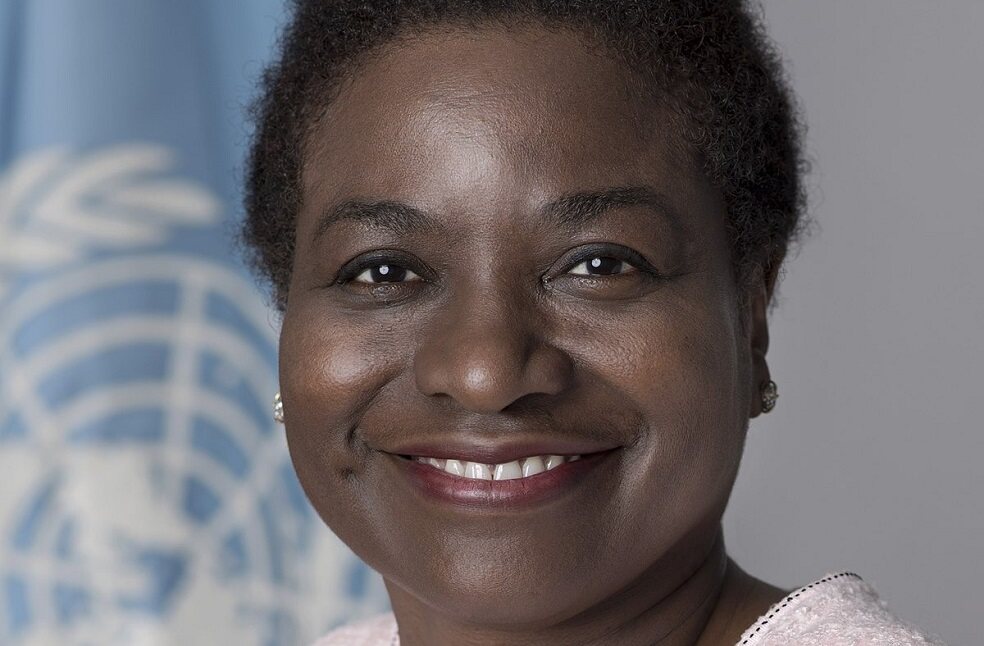San Francisco, US: The United Nations proposed a shift in focus from the consequences of the world’s rapidly growing population to the promotion of women’s reproductive rights as a means of strengthening “demographic resilience.”
The United Nations Population Fund (UNFPA), the UN agency dedicated to sexual and reproductive health, acknowledged the prevailing concern regarding the global population’s magnitude, projected to reach a peak of approximately 10.4 billion in the 2080s.
According to the UNFPA, the emphasis should be on empowering women to exercise greater control over the timing and circumstances of childbirth. “The question is: ‘Can everyone exercise their fundamental human right to choose the number and spacing of their children?’. Sadly, the answer is a resounding no,” said UNFPA chief Ms. Natalia Kanem.

The Chief stated that, “44 percent, almost half of women, are unable to exercise bodily autonomy. Unable to make choices about contraception, healthcare and whether or with whom to have sex. And globally, nearly half of all pregnancies are unintended.”
As per the UNFPA’s flagship annual report, “State of World Population,” the prevailing view is that the world’s population is excessively large. The report also noted that surpassing the eight billion mark should be a cause for celebration, as it signifies a significant achievement for humanity in the fields of medicine, science, health, agriculture, and education.
The report urged for a shift in focus away from population targets and towards building demographic resilience, which refers to the capacity to adjust to changes in population growth and fertility rates, by setting aside apprehension and embracing this approach.



